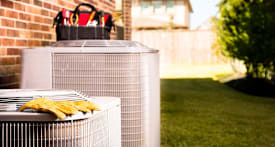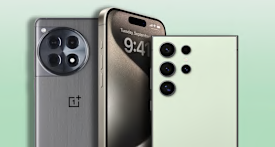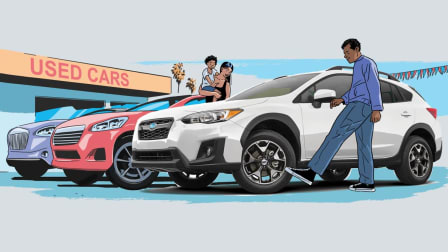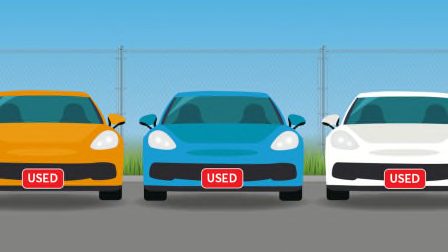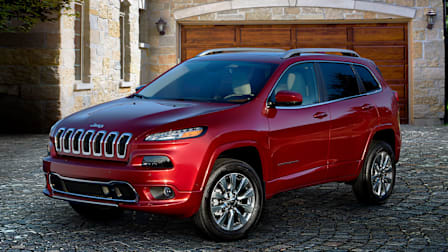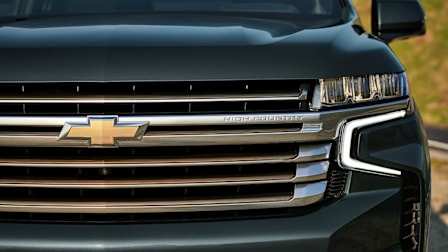Tesla Recalls Models With Full Self-Driving Due to Software-Related Crash Risk
The automaker will send an over-the-air update to “improve” the beta software in the coming weeks
Tesla is recalling as many as 362,758 Model S, Model X, Model 3, and Model Y vehicles from the 2016 through 2023 model years to address situations where the Autosteer on City Streets feature (called Full Self-Driving Beta or FSD Beta) may cause the vehicle to “infringe upon local traffic laws or customs” when operating under the following conditions:
- Traveling or turning through certain intersections during a stale yellow traffic light.
- The perceived duration of the vehicle’s static position at certain intersections with a stop sign, particularly when the intersection is clear of any other road users.
- Adjusting vehicle speed while traveling through certain variable speed zones, based on detected speed limit signage and/or the vehicle’s speed offset setting that is adjusted by the driver.
- Negotiating a lane change out of certain turn-only lanes to continue traveling straight.
These situations may happen before the driver has the opportunity to intervene, which can increase the risk of a collision, according to documents posted on the website of the National Highway Traffic Safety Administration (NHTSA).
The recall, announced by NHTSA, has grown out of ongoing discussions between NHTSA and Tesla about the Autopilot and FSD Beta driver support features. In January, 2023, NHTSA notified the automaker it had concerns about how the vehicles with that software performed in the four environments noted above. The NHTSA documents indicate that Tesla decided to issue a recall on February 7, 2023, and that the automaker did not concur with the agency’s analysis.
The Details:
Vehicles recalled: 362,758 vehicles equipped with Full Self-Driving Beta (FSD Beta) software or pending installation:
- 2016-2023 Model S
- 2016-2023 Model X
- 2017-2023 Model 3
- 2020-2023 Model Y
The problem: NHTSA identified four situations where the vehicles, when equipped with the software, acted unsafely in intersections or did not respond properly to changes in posted speed limits.
The fix: Tesla will issue an over-the-air software update to “improve” the system.
How to contact the manufacturer: Owners are expected to be notified by mail by April 15, 2023. Owners can contact Tesla’s customer service department at 877-798-3752. Tesla’s number for this recall is SB-23-00-001.
NHTSA campaign number: 23V085.
Check to see whether your vehicle has an open recall: NHTSA’s website will tell you whether your vehicle has any open recalls that need to be addressed.
If you plug your car’s 17-digit vehicle identification number (VIN) into NHTSA’s website and a recall doesn’t appear, it means your vehicle doesn’t currently have any open recalls. Because automakers issue recalls often, and for many older vehicles, we recommend checking back regularly to see whether your vehicle has had a recall issued.
Stay informed about recalls that might affect your vehicle by using our Car Recall Tracker.
Create a free account now to become a CR member.











